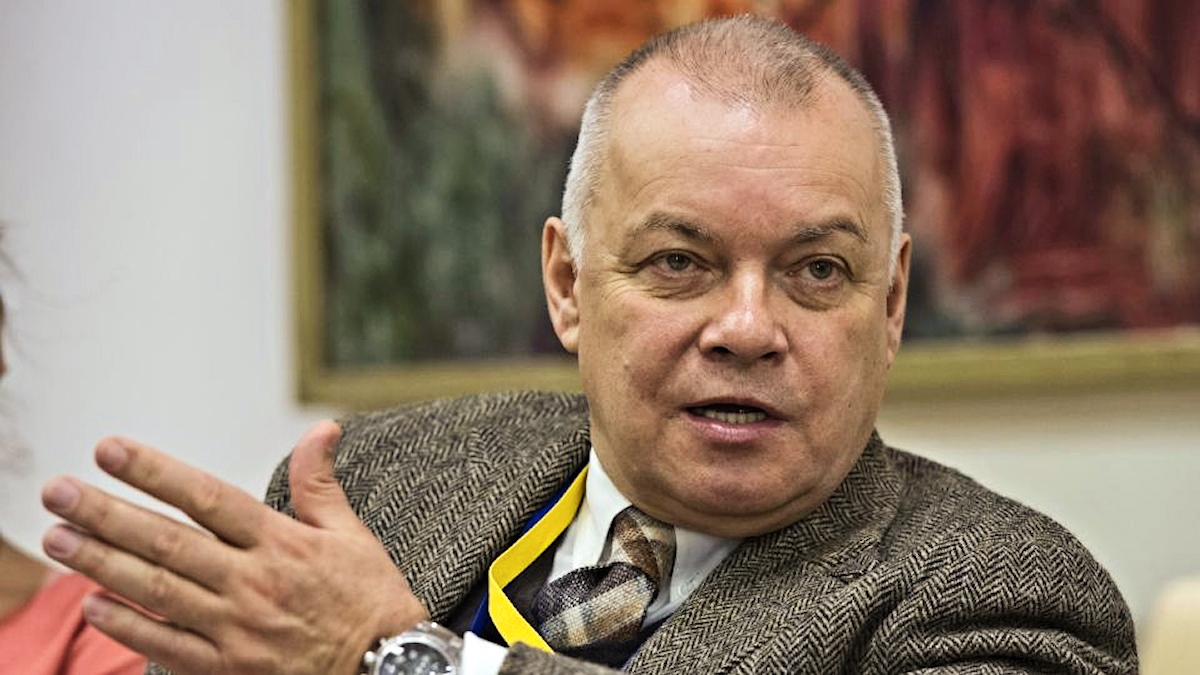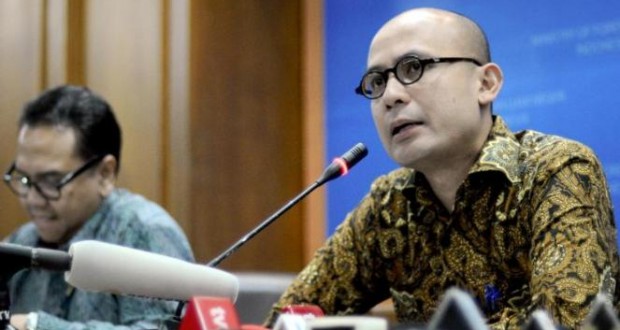LGBTI news worldwide: From hope to troubles
Colin Stewart is a 45-year journalism veteran living in Southern…
News briefs about countries with anti-gay laws, excerpted with slight modifications from UNAIDS’s Equal Eyes recap of the world’s LGBTI-related news.
Glimmers of hope

In Russia, Dmitry Kiselyov, the head of state-controlled media, unexpectedly came out in favor of same-sex civil unions, despite previously expressing extreme anti-gay sentiments.
Also in Russia, senator Konstantin Dobrynin suggests a “don’t ask, don’t tell” policy should be implemented towards LGBT Russians, and emphasized the “most important thing is to immediately reduce the intensity of aggression against minorities.” His remarks came as a new survey finds 41% of public think Russians with ‘untraditional sexual preferences’ should be persecuted.
In Egypt, most psychiatric professionals are uncomfortable with dealing with transgender patients, often not even willing to acknowledge the existence of gender identity disorder as a medical condition. Egypt has only approved gender reassignment surgery since 2013. But at one government hospital, free treatment is overseen by one of Egypt’s most experienced psychiatrists on transgender therapy, Dr. Hashem Bahary.
Moving in the wrong direction
Officials in Swaziland, one of many countries whose laws expressly criminalize same-sex activity between men but neglect to mention women, responded to the recent annual report from ILGA (the International Lesbian, Gay, Bisexual, Trans and Intersex Association) by denying that lesbianism is legal.
Stuck in place

In Indonesia, officials have rejected the argument by Australian Agricultural Minister Barnaby Joyce that, if Australia accepts marriage equality, that would negatively impact its economic relationship with Asian trading partners who then could see Australia as “decadent.” Indonesia’s foreign ministry expressed a lack of concern about the issue. The two countries’ economic ties are “always built on a mutually beneficial relationship,” said foreign ministry spokesman Arrmanatha Nasir. He said Indonesia’s law on marriage would stay the same. In addition to not allowing same-sex marriage, Indonesia doesn’t allow people from different religions to marry, though some are attempting to challenge that law.
In the US, two prominent Muslims have made headlines with an open letter and plea to the American Muslim community to accept marriage equality. But in Nigeria, Chief Imam Sheikh Muhammad Khalid told interviewers that his religion prohibits him from supporting same-sex marriage, and that ‘no religion in the world should encourage homosexuality.’
Ongoing troubles
In Russia, LGBT activist Alexander Ermoshkin fled the country after he was accused by authorities of collaborating with US spies.
In India, thieves are using online dating services to extort and violate gay men, but laws criminalizing gay sex make victims afraid of seeking help from the police. Since India’s Supreme Court recriminalized gay sex more than a year ago, homosexuals have increasingly become targets of robbery and extortion, gay men and activists say. The trend has been fueled by the rise of Internet dating, which has become an easy way for urban, middle-class gay men to meet, but also exposed them to online predators. “It’s more and more frequent,” said one 26-year-old engineer who lives in Mumbai. He said he was robbed in January after inviting a man he met on PlanetRomeo to his apartment.
For more information, read the full edition of Equal Eyes.




Reblogged this on Fairy JerBear's Queer World News, Views & More From The City Different – Santa Fe, NM and commented:
Keeping hope alive…